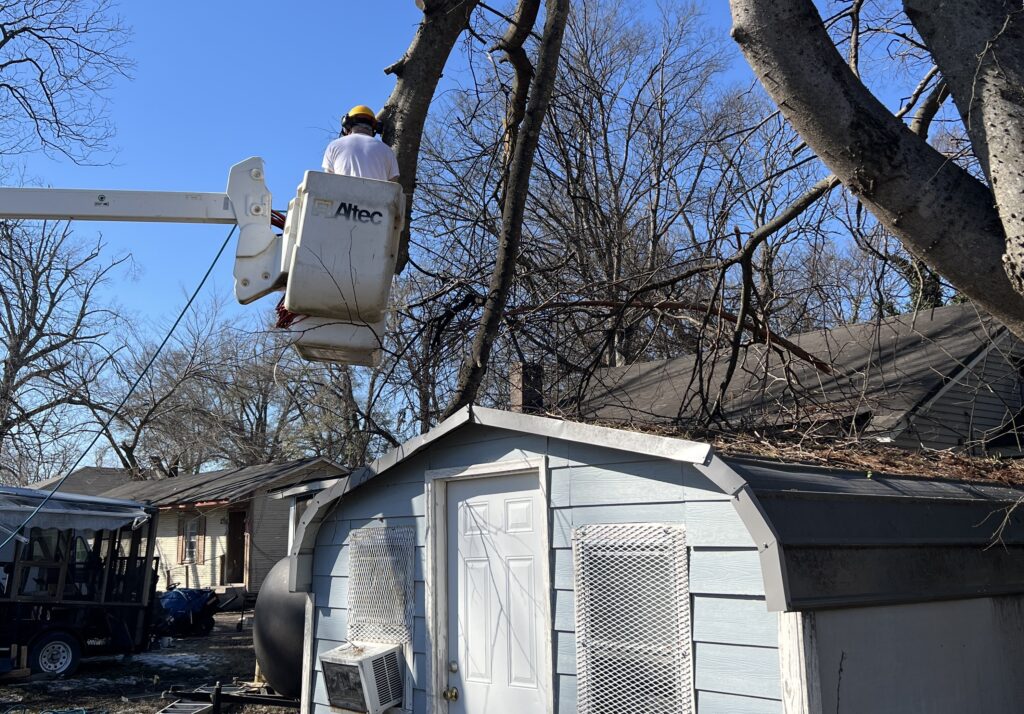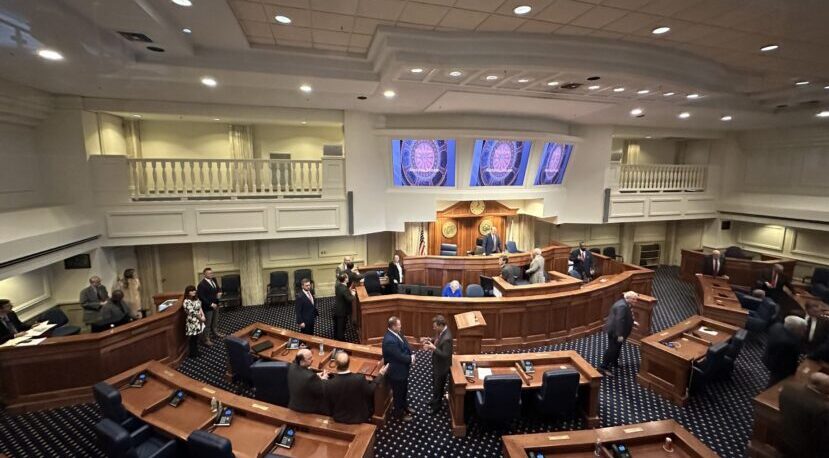Evangelicals will play a key role in the future of American foreign policy, a leading analyst writes in the latest issue of Foreign Affairs, a nonpartisan journal published by the Council on Foreign Relations.
“As more evangelical leaders acquire firsthand experience in foreign policy,” Walter Russell Mead, the council’s Henry A. Kissinger senior fellow, writes, “they are likely to provide something now sadly lacking in the world of U.S. foreign policy: a trusted group of experts, well versed in the nuances and dilemmas of the international situation, who are able to persuade large numbers of Americans to support the complex and counterintuitive policies that are sometimes necessary in this wicked and frustrating — or, dare one say it, fallen — world.”
Evangelicals have for years been involved in international humanitarian efforts, Mead writes, citing the efforts of Southern Baptist pastor and author Rick Warren, who has led his Southern California church to take on the global AIDS crisis. The church also has taken on roles in the fights against human trafficking, sexual enslavement and even global warming.
“Evangelicals constantly reinforce the message of Christian responsibility in the world,” Mead writes. “Partly as a result, evangelicals are often open to, and even eager for, social action and cooperation with nonbelievers in projects to improve human welfare, even though they continue to believe that those who reject Christ cannot be united with God after death.”
But evangelicals have done more than to assume the social emphases once prized by the more liberal Protestant groups, Mead notes. They act optimistically because they believe another Great Awakening may be on the horizon. Mead cites the work of Richard Land, president of the Southern Baptist Convention’s Ethics & Religious Liberty Commission, as evidence of this evangelical optimism.
For example, Land writes in his book “Imagine! A God-Blessed America: How It Could Happen and What It Would Look Like,” “Scripture tells us that none of us can know with certainty the day or hour of the Lord’s return. Thus, we have no right to abandon the world to its own misery. Nowhere in Scripture are we called to huddle pessimistically in Christian ghettos, snatching converts out of the world.”
Evangelicals, as a result, are more likely to emphasize certain beliefs close to their heart in discussions about foreign policies, which even can help them spread the gospel, Mead writes.
“They (evangelicals) have made religious freedom — including the freedom to proselytize and to convert — a central focus of their efforts,” Mead writes.
Engaging in such international efforts stands in contrast to the separatist attitudes of many fundamentalists, he writes. Mead observes that various segments of fundamentalism, such as Bob Jones University in Greenville, S.C., and the Independent Baptist movement, are “not hotbeds of snake-handling revivalist Holy Rollers, but host intense, if often unconventional, scholarship.” But fundamentalists are much more pessimistic about the prospects for social reform in America, Mead notes, and they are “downright hostile to the idea of a world order based on secular morality and on global institutions such as the United Nations.”
Fundamentalists also tend to shy away from any relationship with governments that have oppressed Christians, Mead writes. Disbelief in any notion of gradual progress, coupled with their dominant view of the end times, displayed in works such as the fictional “Left Behind” series, ultimately has led to fundamentalists’ withdrawal from the foreign policy debate, he notes. There is little in the world that can attract their focused attention away from their small communities of faith, he writes.
Evangelicals and fundamentalists share many views, Mead points out, such as the authority of the Bible, an exclusive view of salvation, a rejection of liberal Protestantism’s emphasis on ethics and the fulfillment of the moral law in order to achieve salvation.
While many evangelicals and fundamentalists also share a common view of the end of time, they are different, Mead writes. “Evangelicals are more optimistic than fundamentalists about the prospects for moral progress. Although the pre-millennial majority is less optimistic about the ultimate success of such efforts, American evangelicals are often optimistic about the short-term prospects for human betterment.”
It is among this group of evangelicals that Mead places Warren, Land and the 16.3-million-member Southern Baptist Convention. Evangelicals such as these are interested in solving problems in the moment but less interested in building institutions that will attempt to permanently correct those problems. This is the tension of the evangelical faith, to attempt to do what good is possible with the realization that the problems will not be corrected this side of Christ’s return and heaven, Mead writes.
Practically the growing influence of American evangelicals has influenced foreign policy in two ways, Mead writes. “On the question of humanitarian and human rights policies, evangelical leadership is altering priorities and methods while increasing overall support for both foreign aid and the defense of human rights. And on the question of Israel, rising evangelical power has deepened U.S. support for the Jewish state, even as the liberal Christian establishment has distanced itself from Jerusalem.
“Many believe that the promise of Genesis still stands and that the God of Abraham will literally bless the United States if the United States blesses Israel,” Mead writes. “Criticism of Israel and of the United States for supporting it leaves evangelicals unmoved. If anything, it only strengthens their conviction that the world hates Israel because ‘fallen man’ naturally hates God and his ‘chosen people.’”
This view of Israel is a result of the developments in 19th-century eschatology, which claim that the Jews still have a role in God’s plan, Mead writes. And the survival of the Jewish people despite the Holocaust, their return to their homeland and the countless defeats of Arab armies by Israel are seen by evangelicals as further proof that God is real, that the Bible is inspired and that the Christian religion is true.
Some liberal and secular politicians may fear that growing evangelical power in the field of foreign policy may lead to a lopsided Middle Eastern policy or other efforts to sideline Arab nations so they will not receive the benefits of humanitarian aid and human rights initiatives, Mead writes, describing such fears as unwarranted.
“Worrying that evangelical politics will help lock the United States into inflexible and extreme positions is a waste of time,” he writes, “working with thoughtful evangelical leaders to develop a theologically grounded approach to Palestinian rights, for example, will broaden the base for thoughtful — though never anti-Israeli — U.S. policies.”
Mead concludes that “evangelical power is here to stay for the foreseeable future, and those concerned about U.S. foreign policy would do well to reach out.” (BP)
Evangelical influence on foreign policy ‘here to stay’
Related Posts

Disaster relief volunteers work in Mississippi after winter storm, in Alabama after tornado, winds
February 2, 2026
After a winter storm swept across north Mississippi in late January — at the same time a tornado and straight-line winds affected south Alabama — Alabama Baptist Disaster Relief teams are hard at work.

Alabama Senate passes bill prohibiting elder abusers from profiting from deaths
February 2, 2026
The Senate Thursday also passed Sen. Keith Kelley’s Senate Bill 41 to prohibit people who are convicted of elder abuse and neglect or financial exploitation of an elderly person from profiting from that person’s death.

Bible Studies for Life Sunday School Lesson for Feb. 8
February 2, 2026

Explore the Bible Sunday School Lesson for Feb. 8
February 2, 2026


Share with others: